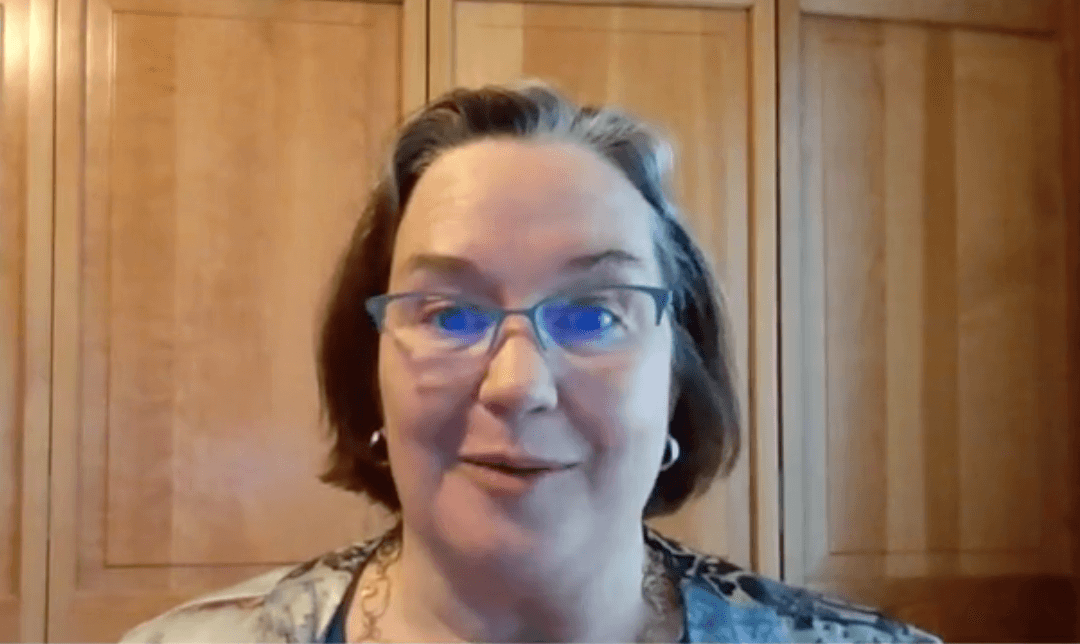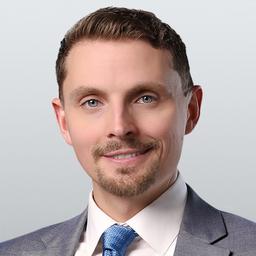Russian President Vladimir Putin’s expectations about how Ukraine would respond to an invasion were upended, and instead Ukrainians have never been more united, according to a professor at the University of Illinois Urbana-Champaign.
“At this point in time, the ‘rally-around-the-flag’ effect, the idea of coming together, and the idea of social unity in Ukraine has really never been stronger, and this is the exact opposite of what Putin predicted,” sociology professor Cynthia Buckley said in a March 12 interview with Kevin Hogan of NTD News.






